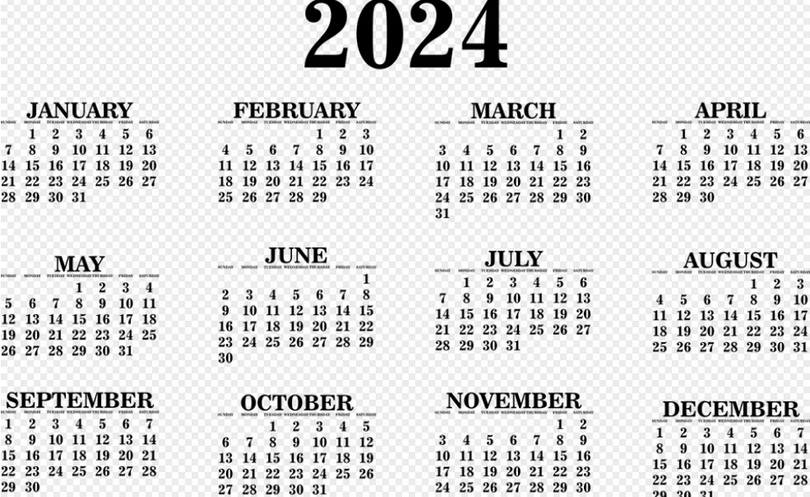While Christians observe Easter, Pentecost, and Christmas throughout the year, pastor D from an East China church talked about the Jewish New Year (Rosh Hashanah) which emphasizes repentance. Though they don't observe these festivals according to tradition, they embrace the divine timing.
Two Jewish Calendars
Pastor D explained that the Jewish people have two calendars: the Creation Calendar and the Redemption Calendar.
In the Creation Calendar, God embedded time's mysteries. Rosh Hashanah is the new year of this calendar, described in Leviticus 23:24 "On the first day of the seventh month you are to have a day of rest, a sacred assembly commemorated with trumpet blasts."
Why is the New Year on the first day of the seventh month?
After mankind's fall, God's redemption plan was first revealed to Abraham's descendants. There comes the Redemption Calendar, with the month of Exodus (Nisan) marking the first month of the year. According to the Redemption Calendar, Rosh Hashanah falls on the first day of the seventh month.
Following Rosh Hashanah, the ten days leading up to Yom Kippur are known as the "Ten Days of Awe," a time for repentance and turning back to God. The tenth day is Yom Kippur, a day of atonement and restoration.
"No nation begins their new year with self-examination before God," she noted. "While others celebrate with festivities, God's people begin with reflection. Today, we too are Abraham's descendants."
Divine Time vs. Human Time
God's appointed times are full of mystery, D said. While humans experience time linearly - trapped between a problematic past and uncertain future - God's time transcends dimensions. Like seasonal cycles in agriculture, these appointed times embody both creation's mysteries and redemption's remembrance.
"Each year's appointed times offer fresh opportunities," she said. "Like tree rings adding new growth, these cycles present new beginnings." These specific days form annual cycles, leading God's people into increased blessings.
Not Observing Jewish Festivals, But Embracing Divine Timing
"We don't observe Jewish festivals, but we embrace God's invitations within these appointed times," she said. "We follow their spiritual significance to deepen our relationship with God, discerning His will and embracing divine timing for transformation and renewal."
She explained that traditional observance involves specific customs and dietary practices during these periods, such as eating particular foods according to the rules of each festival.
The God of both Old and New Testaments remains unchanged, though a New Testament perspective is needed since Christ's redemptive work. The Old Testament reveals God's nature through names like Jehovah Jireh and Jehovah Shalom, through which we come to know Him.
"Life offers repeated opportunities to encounter God and live out His new life within us more freely," she said. "While Jesus has completed His work, we respond by embracing the divine timing."
- Translated by Hermas Wang












